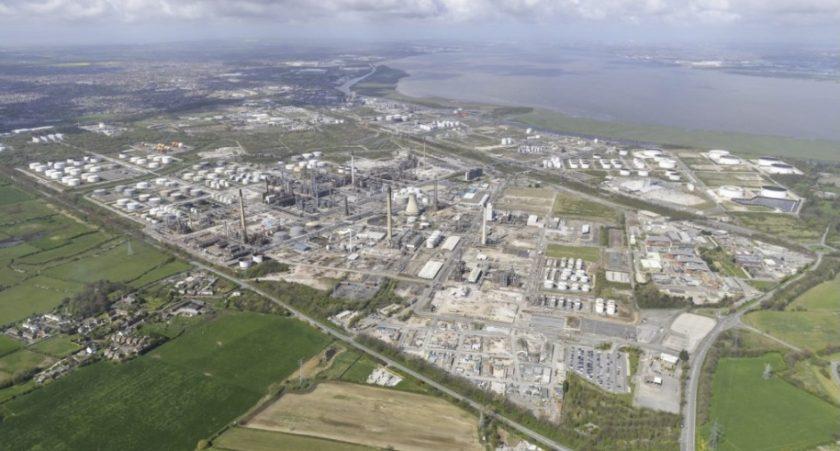Essar £1.76bn Stanlow investment to boost UK’s low-carbon transformation and create high-skilled jobs

Essar Group has announced a $2.4 billion (£1.76bn) investment in its Stanlow refinery near Ellesmere Port aimed at creating one of Europe’s leading post-carbon industrial clusters.
The private Indian conglomerate, which purchased Stanlow in 2011 for £290m, has created a new division called Essar Energy Transition (EET) to oversee the investment.
EET will focus on creating low-carbon energy transition projects including hydrogen, green ammonia, and biofuels, as well as investing in storage and pipeline infrastructure.
Essar says its investment will create ‘high-skilled jobs and accelerate the UK’s low carbon transformation while reducing industrial emissions by around 3.5 million tonnes of carbon dioxide, equivalent to 20% of the total industrial emissions in North West England.’
The Stanlow refinery will achieve a 75% reduction in carbon emissions before the end of the decade as part of EET’s decarbonisation plans.
Tony Fountain, Managing Partner of Essar Energy Transition, said, “EET’s ambitious investment plans will not only help deliver the UK’s net zero ambitions and the enormous environmental benefits therein, but will also secure the long term sustainable future for Stanlow, protecting and creating new highly skilled job opportunities at the heart of the Northern Powerhouse economy for generations to come.”
EET’s investment in hydrogen fuel will be part of the HyNet cluster, one of two hydrogen clusters in the UK supported through to full operations by the UK government in 2021.
Essar’s investments across a range of low-carbon energy technologies will contribute to making North West England one of the leading post-carbon industrial clusters in Europe.
Prashant Ruia, Director, Essar Capital, said, “The launch of EET is a major milestone in Essar’s long-standing commitment to put the UK at the forefront of low carbon energy. ”
“We are excited about the opportunity to drive the UK’s energy transition by producing low carbon future fuels which will help eliminate around 20% of the industrial carbon dioxide in Northwest England.”
Spotted something? Got a story? Email: [email protected]
Latest News
